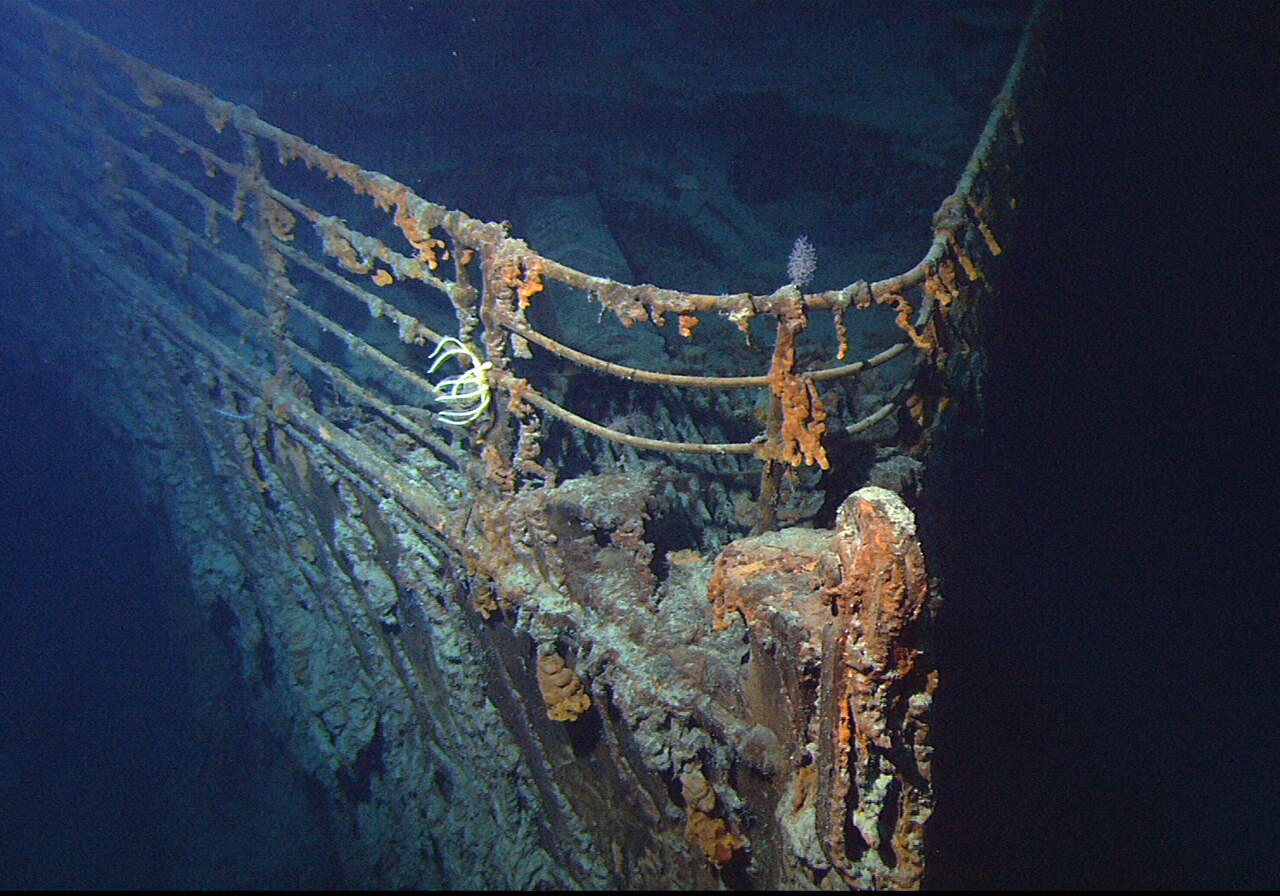Officials located a copy of the company’s passenger liability waiver, a four-page document clearly stating that the “experimental” Titan submersible was able to reach its destination 3.8km under the surface on only 13 occasions out of 90 total trips below the surface.
The marketing copy on OceanGate’s website states that it had completed more than 14 expeditions and 200 dives using two different submersibles – language that could be considered intentionally misleading when compared to the success rate indicated in the liability waiver.
The company’s commitment to safety was called into question many times over the past few years.
A letter penned in 2018 to OceanGate by members of the Marine Technology Society (MTS) stated:
“This letter is sent on behalf of our industry members who have collectively expressed unanimous concern regarding the development of ‘TITAN’ and the planned Titanic Expedition. Our apprehension is that the current ‘experimental’ approach adopted by OceanGate could result in negative outcomes (from minor to catastrophic) that would have serious consequences for everyone in our industry.”
The letter also criticised the company’s advertising material for its misleading content.
“Your marketing material advertises that the TITAN design will meet or exceed the DNV-GL safety standards, yet it does not appear that OceanGate has the intention of following DNV-GL class rules. Your representation is, at minimum, misleading to the public and breaches an industry-wide professional code of conduct we all endeavour to uphold.”
OceanGate CEO Stockton Rush, one of the passengers to die aboard the Titan, employed a number of cost-cutting methods in the submersible’s design that he considered “innovative”, despite widespread warnings and criticism from peers in the industry.
“We have heard the baseless cries of ‘you are going to kill someone’ way too often,” wrote Rush in response, in 2018.
“I take this as a serious personal insult.”
Rob McCallum, an expert in the field of deep sea exploration, was formerly employed as a consultant for OceanGate but cut ties with the company when Rush announced plans for a passenger expedition on the Titan in spite of obvious safety risks and inadequate testing.
“When it comes to safety, this is such a toxic culture,” said McCallum about the disaster.
“It’s great fun breaking world records, but they don’t count if everybody doesn’t make it home.”






